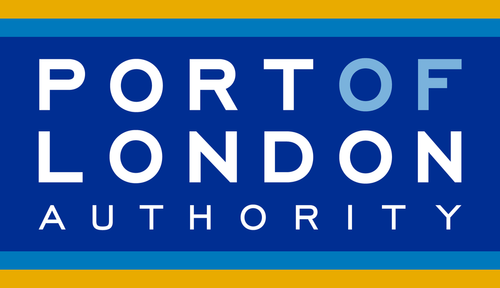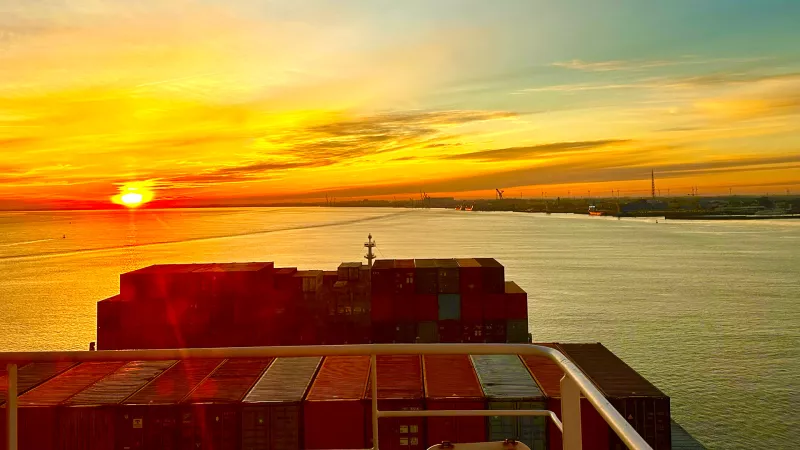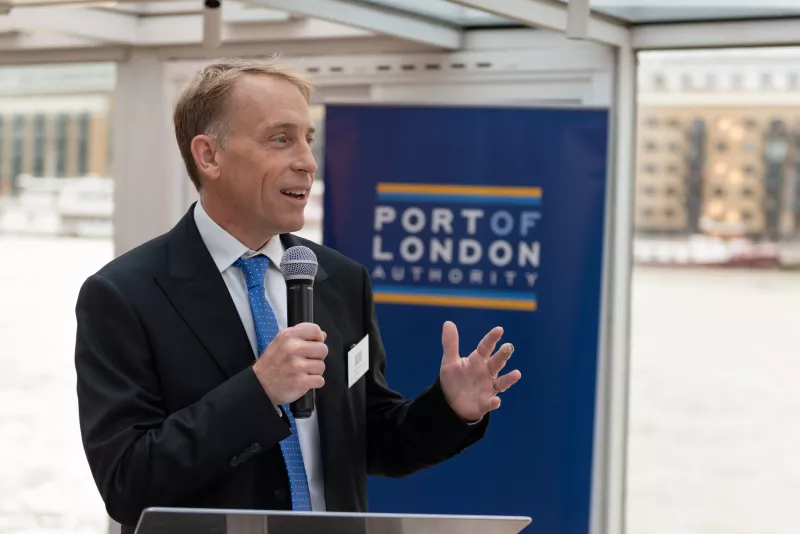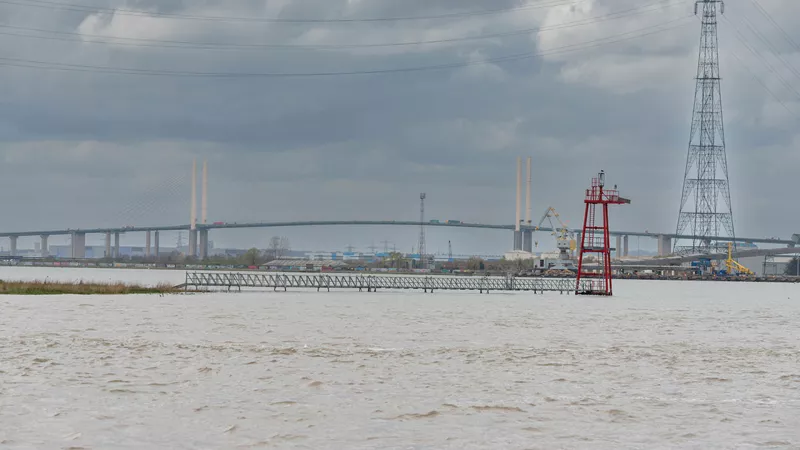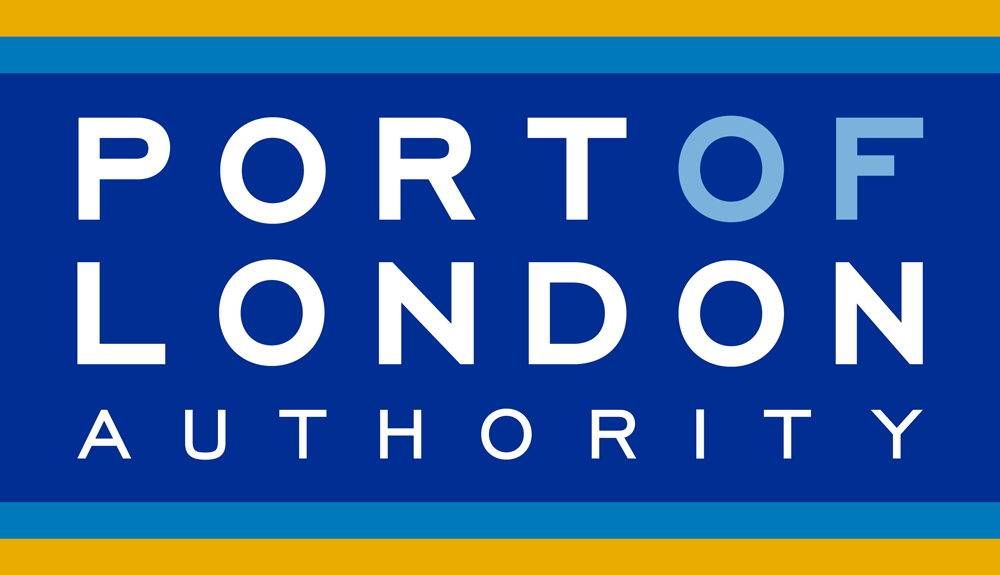Live Tides
NOTICES TO MARINERS
Charts & Surveys

Incident reporting
Life-threatening emergencies on the river:
Call 999 and ask for the Coastguard
For near miss, safety observations and incident reporting click below
Why Diversity and Inclusion must be at the heart of the Maritime Industry
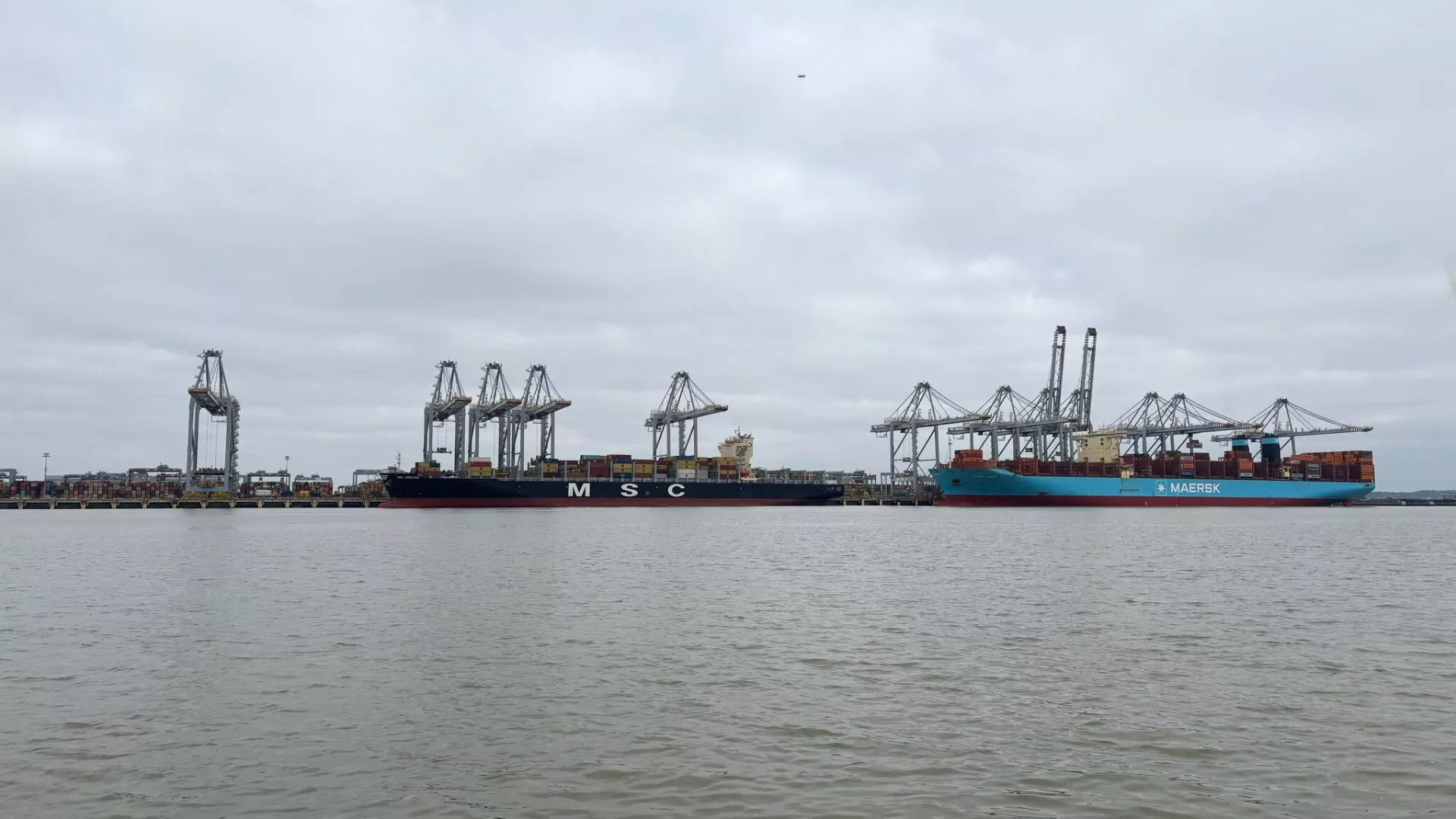
The maritime and port sector has long been one of the world’s most traditional and male dominated industries, often lagging behind when it comes to diversity and inclusion.
For decades, entrenched biases, historical stereotypes, and rigid systems have prevented people from fully realising their potential across all roles at sea and ashore.
Yet, we stand at a turning point. Around the UK, and increasingly across the globe, there is a growing recognition that inclusivity is not simply a matter of fairness, it is a driver of innovation, operational efficiency, and competitiveness. Ports can and must be central to shaping a more inclusive maritime future.
First, it is important to acknowledge the progress already underway. Committees and initiatives within ports are beginning to confront long-standing inequities, whether in gender representation, LGBTQ+ inclusion, or cultural diversity. This is not just symbolic work. It is about ensuring that everyone, regardless of background or identity, feels that they belong and can thrive within the maritime sector.
However, progress cannot stop there. Systemic biases remain embedded in global employment practices. For instance, it is still too common to see seafarers from certain nations confined to menial roles, while opportunities in engineering, navigation, and leadership are reserved for others. Equally troubling are discrepancies in contract lengths or pay scales between seafarers of identical rank but different nationalities. Such practices are indefensible and ports and maritime organisations must therefore hold themselves accountable, through transparent reporting, standardised employment conditions, and measurable diversity targets.
Another essential dimension is gender equality. Women have long contributed to maritime history, but their roles have often gone unrecognised or undervalued. Today, women remain significantly underrepresented in seafaring and leadership positions. Research shows that companies with diverse leadership make better decisions, foster greater innovation, and achieve stronger performance. Thus, tackling inequality is not just a moral imperative but also a strategic necessity.
Inclusion also means valuing port and maritime workers as a whole. From celebrating a diversity of cultures to offering support and opportunity to those recovering from injury or living with disability, companies can reaffirm the worth of every individual.
And ports can help because they are natural conveners. They connect shipowners, regulators, unions, and communities, helping to set the tone for the wider industry. By modelling inclusive policies, embedding accountability, and sharing best practice, ports like London can inspire change.
The maritime industry is at a crossroads. Embracing diversity and inclusion will not only correct historical injustices but will also future-proof the sector, making it stronger, fairer, and more competitive.

With commitment and courage, all ports can anchor lasting change that will benefit not just the industry, but society as a whole.
-- Theo Albanis, PLA Lead - Projects & Events
Related content
Discover

